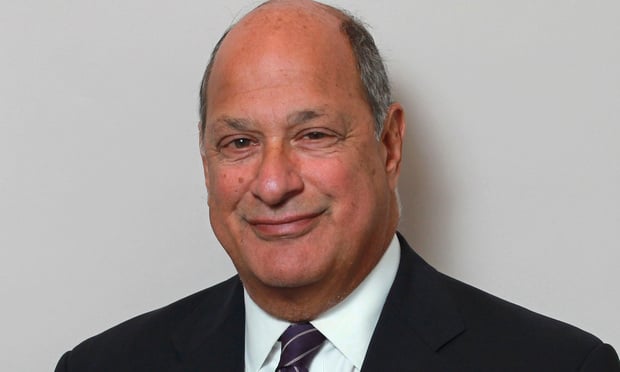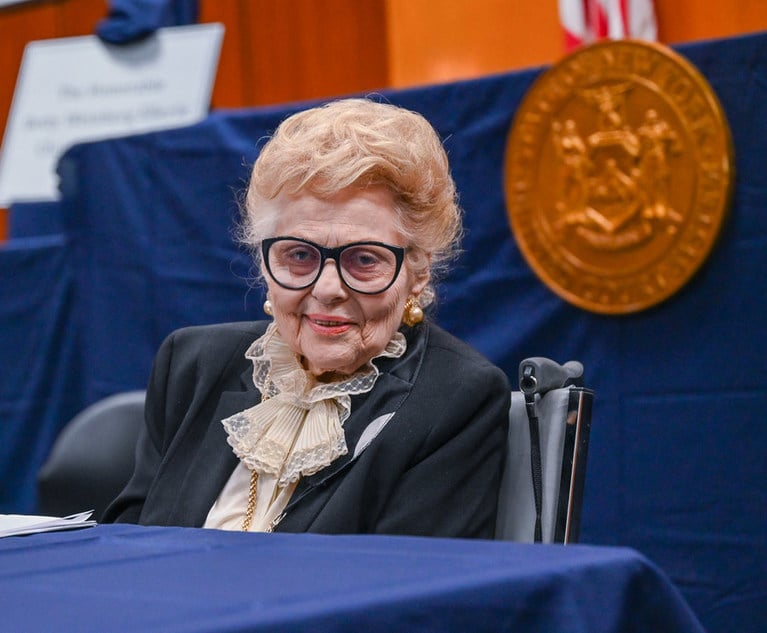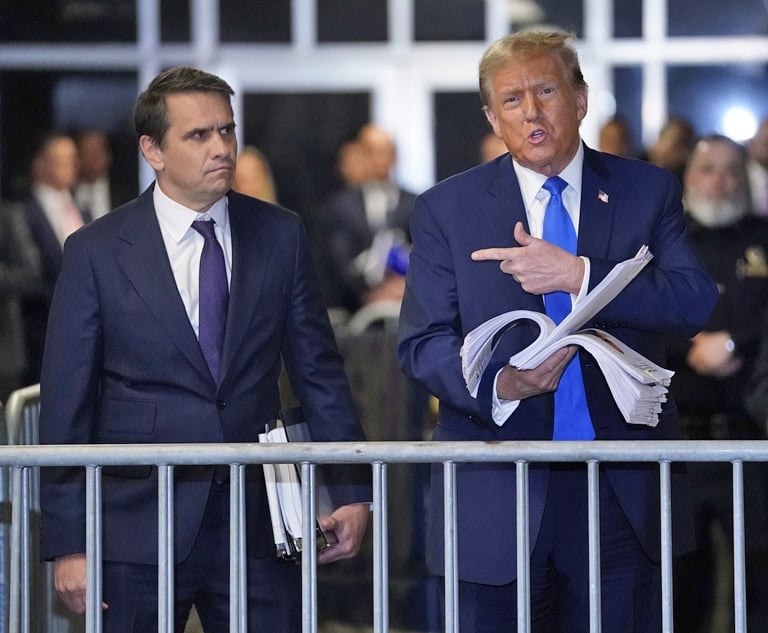To the non-lawyer, in particular, it might seem almost bizarre. A judge arrives on the bench, hears from both sides and immediately sentences a defendant. Yes, she did observe the trial (or sat on it non-jury) if there was a trial. Or she listened carefully to the defendant as he pleaded guilty. She has certainly studied the court-ordered probation report prepared for her consideration by the probation office. She has undoubtedly read memoranda from both the prosecutor and defense counsel. And then, on that critical day, she will finally hear oral argument from both lawyers and perhaps extremely remorseful remarks from the defendant himself. And with that, she will say, “Okay, here’s my sentence.”
It seems almost surreal—a judge who, most would believe, is intended to have an open mind when she arrives on the bench to mete out a sentence, listens and, yet, immediately decides. Now, of course, the judge probably has a particular sentence in mind from which she is unlikely to be moved much when she gets on the bench. That makes complete sense. I am not suggesting that the judge’s mind should be tabula rasa at that moment when the clerk emerges from chambers, says “Oyez,” and calls the courtroom to order.


 Joel Cohen
Joel Cohen




